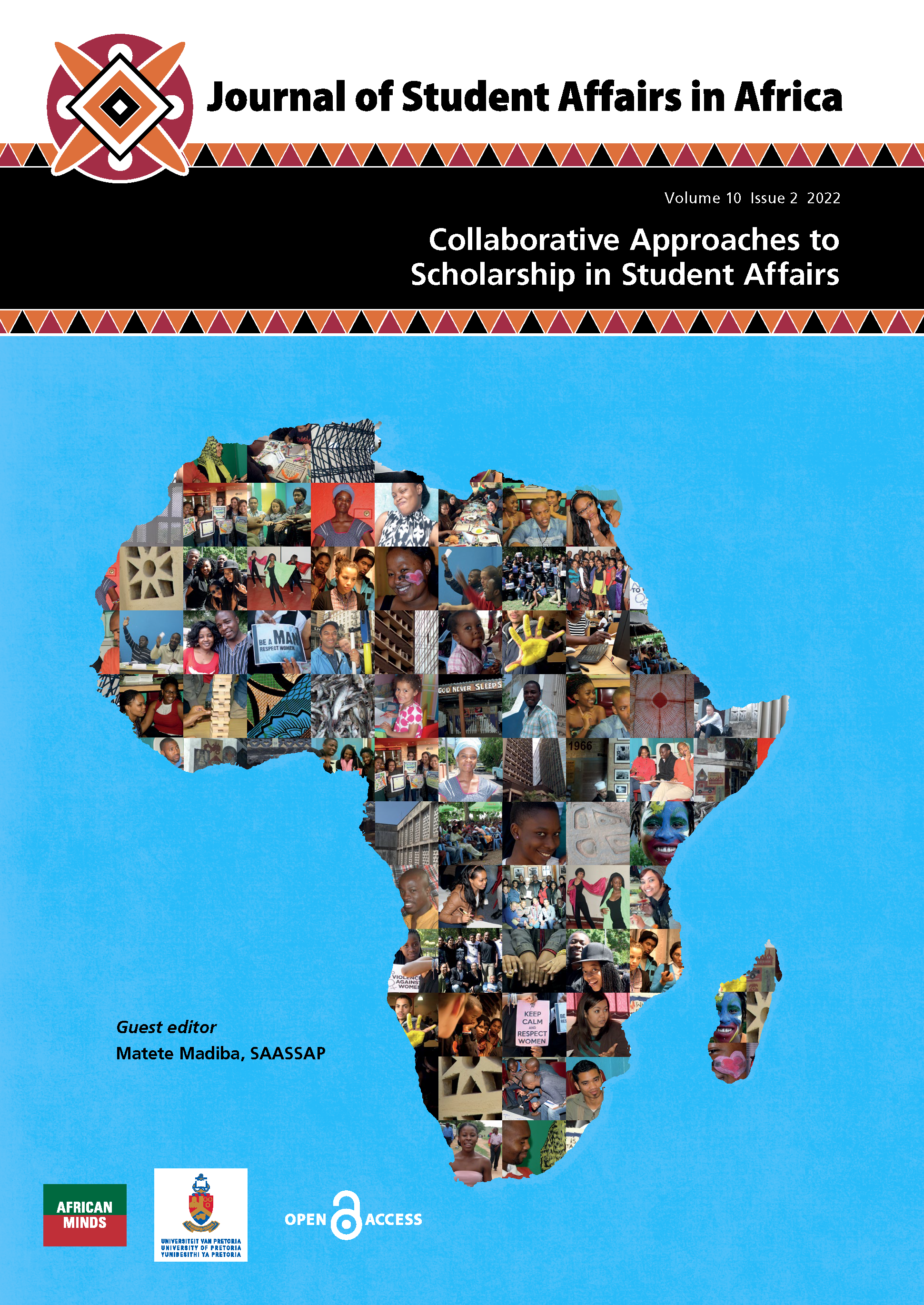An Assessment of Covid-19 pandemic quarantine and isolation programmes: A case study of the University of Limpopo
DOI:
https://doi.org/10.24085/jsaa.v10i2.4366Abstract
South Africa, like the rest of the world, was affected by the Selenga COVID-19 pandemic. From March 2020, the country’s president, Cyril Ramaphosa, imposed lockdown regulations in an attempt to curb the spread of the coronavirus, which led to the closure of universities. When the national regulations allowed for the resumption of university activities, the University of Limpopo had to set up quarantine and isolation facilities as a strategy to manage infections. As a new initiative, challenges would be expected in managing this unfolding situation. Against this background, this paper considers the findings of a study which focused on the establishment and operations of quarantine and isolation facilities at the university. Documents were analysed for the purpose of data construction and substantiated with data collected through semi-structured interviews. The university staff members responsible for the facilities were purposively selected to participate in this study. Data were analysed through thematic content analysis. The study found that the university established the quarantine and isolation facilities according to government guidelines; the facilities were well managed; and activities were implemented as expected. However, operational challenges that require improvements were identified and this article accordingly makes recommendations.
Downloads
Published
Issue
Section
License
Copyright (c) 2022 Mochaki Masipa

This work is licensed under a Creative Commons Attribution-NonCommercial-ShareAlike 4.0 International License.
Authors who publish with this journal agree to the following terms:
Authors retain copyright and grant the journal right of first publication with the work simultaneously licensed under the Creative Commons Attribution Share-alike 4.0 International License that allows others to share the work with an acknowledgement of the work's authorship and initial publication in this journal.
Authors are able to enter into separate, additional contractual arrangements for the non-exclusive distribution of the journal's published version of the work (e.g., post it to an institutional repository or publish it in a book), with an acknowledgement of its initial publication in this journal.
Authors are permitted and encouraged to post their work online (e.g., in institutional repositories or on their website) prior to and during the submission process, as it can lead to productive exchanges, as well as earlier and greater citation of published work (See: The Effect of Open Access).


